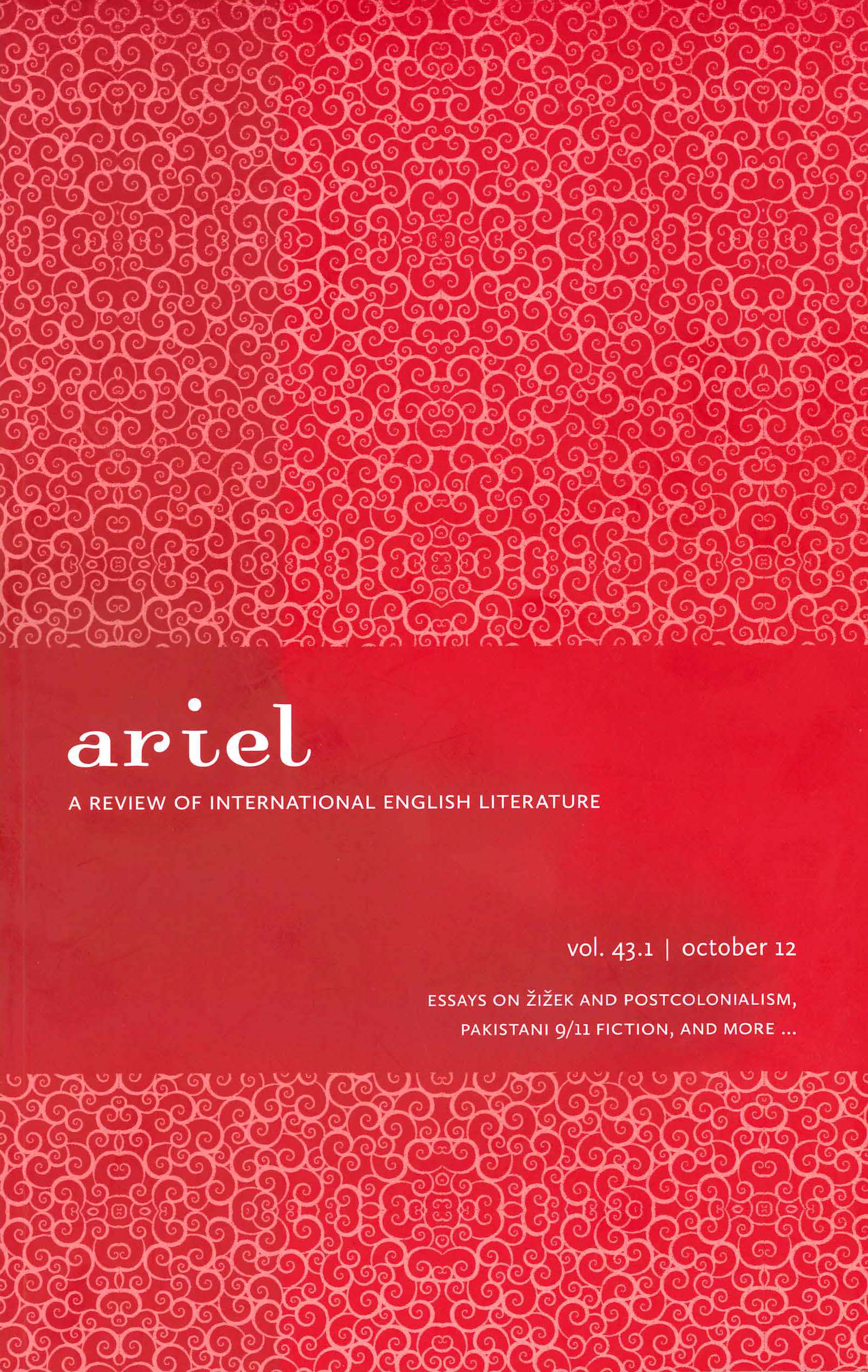“No Place in Particular”: Inhabiting Postinternment America, Articulating Postinternment Anxieties in John Okada’s <i>No-No Boy</i>
Keywords:
John Okada, no-no boy, postwar suburb, , Japanese American internment, belongingAbstract
This article interrogates, by teasing out the U.S. postwar suburb as a palimpsest bearing the imprint of post-internment milieu of the 1950s, how suburban fantasies reveal both promises and limitations of Japanese Americans’ surreptitious desire for national belonging in John Okada’s No-No Boy (1957). Subsequently, it examines how embedding the postwar suburb in the text is inextricably linked to textual negotiations with the expectations of the postwar readership as a strategy of articulation of a historical trauma.
Having gone through the displacements and disruptions due to their Japanese origins and ties, returned internees were eager to put their families and lives back to their old places and faced the growing pressure to blend into the postwar U.S. society. What emerges is a spatial logic with which “evacuees” sought to restore the “evacuated” histories by way of a rememorialization and reconfiguration of space. Caught between the festering opposition between “Japanese” and “American” in the wake of the internment of Japanese Americans during World War II, the protagonist of the novel, Ichiro begins to fantasizes about a geographical and social anonymity to carve out a niche as a returned “no-no boy.” His fantasies are spelled out as a place where forgetting and forgiveness are recalled as a possible solution to his plight. Of particular interest here is that Ichiro’s desire to “start anew” is contingent upon middle-class family values in the mass-produced suburb that came to dominate America’s cultural landscape after World War II.
If the postwar suburb was ideologically marketed as a cultural outpost of social homogeneity and national unity, it is questionable if Ichiro’s suburban fantasies mean a retreat into a nostalgic longing for an abstract, generalized sense of place that has rebuilt the American Dream. In this regard, Ichiro’s suburban fantasies are effectively embedded as a palimpsest against which one is enabled to assess how for Okada to opt entirely for confrontation risks being viewed as “un-American”: the postwar suburb where anyone is supposed to have a new, fresh start allows the author to speak “the unspeakable” by filtering the troubling issues through the lens of a suburban way of life that is acceptable to both the Japanese American community and the postwar U.S. society at large. Okada thus stands in for Ichiro as another kind of “no-no boy” in the postwar U.S. society by opting for neither conformity nor dissent. In this way, he does not gloss over the era’s cultural, historical conditions but maneuvers to circumvent them in his novel.


